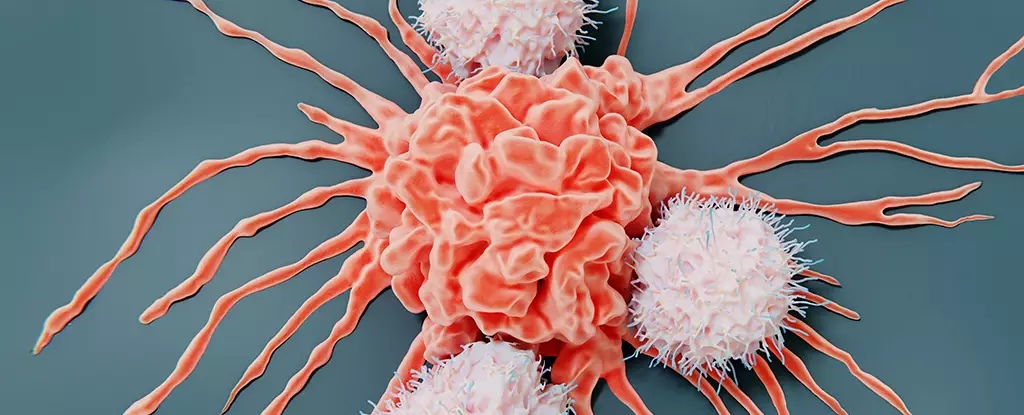A recent study conducted on mice revealed the promising effects of fasting on the immune system’s ability to combat cancer. The research, led by experts from the Memorial Sloan Kettering Cancer Center in New York, focused on the metabolic reprogramming of natural killer cells (NK cells) in response to fasting. These findings shed light on a potential strategy to enhance the body’s defense mechanisms against tumors.
NK cells are a type of white blood cell that play a significant role in the immune system’s fight against cancer and other threats. Unlike T cells, which rely on antigens for recognition, NK cells have the ability to target and eliminate unfamiliar threats. However, when faced with cancerous tumors, NK cells encounter numerous challenges. Tumors create a hostile environment rich in nutrients that are detrimental to immune cells, making it difficult for NK cells to function effectively.
The study involved placing mice injected with tumor cells on a diet that included two 24-hour periods of water-only fasting each week. While the mice did not experience weight loss, there was a notable decrease in blood glucose levels and an increase in free fatty acids. These fatty acids served as an alternative energy source for NK cells, enabling them to adapt and function more efficiently. Additionally, fasting triggered the production of cytokines, proteins that activate the immune system in response to threats.
As a result of fasting, NK cells within the mice underwent metabolic reprogramming, utilizing free fatty acids instead of glucose for energy. This reprogramming enhanced the cells’ ability to survive in the tumor environment and increased their anti-cancer properties. Furthermore, fasting led to the redistribution of NK cells throughout the body, particularly in the bone marrow where they were exposed to interleukin-12, a protein that aids in the fight against cancer.
It is important to note that any fasting regimen should be undertaken under the guidance of a medical professional, as individual responses to fasting may vary. While the results of the study are promising, further research is needed to validate these findings in humans. Questions remain regarding the long-term effects of fasting on NK cells and whether all NK cells undergo the same retraining process over their lifespans. These questions will be crucial in determining the potential impact of fasting on cancer treatment.
The study highlights the potential benefits of fasting in reprogramming NK cells to enhance their anti-cancer properties. By understanding the metabolic changes that occur during fasting, researchers may uncover new strategies for improving the body’s ability to combat tumors. As the research progresses, exploring the implications of these findings in clinical settings will be essential in advancing cancer treatment strategies.


Leave a Reply